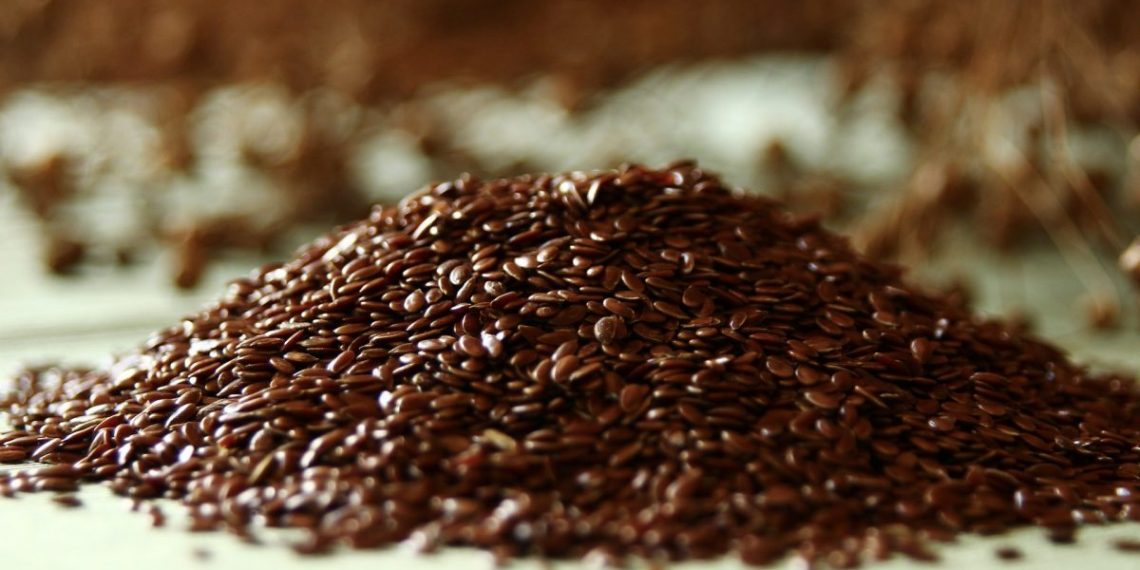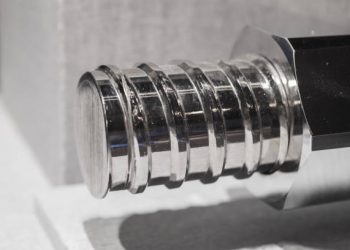Some regard flax meal as one of the world’s most potent plant-based delicacies. There is evidence that it may lower the danger of developing diabetes, cancer, heart disease, and stroke. That’s a lot to ask of a bit of seed that’s been there for generations.
Growing flaxseed in Babylonia goes back to 3000 B.C. Eighth-century King Charlemagne was so convinced of the health benefits of flaxseeds that he mandated their use among his people.
Flax’s Positive Effects on Health
The health advantages of Flax meal have not been “conclusively established,” says renowned flaxseed researcher and University of Toronto professor Lilian Thompson, Ph.D. However, studies suggest that flax may lessen the likelihood of developing cancer, heart disease, and lung diseases.
Cancer
Recent research suggests that the benefits of flaxseeds may help reduce your risk of developing breast, prostate, and colon cancer. At least two components of flaxseed seem to be involved, as Kelley C. Fitzpatrick, director of health and nutrition for the Flax Council of Canada.
Problems Maintaining Heart Health
Researchers have shown that omega-3 fatty acids found in plants have several positive effects on cardiovascular health, including lowering inflammation and making it easier for the heart to maintain a steady rhythm. Recent research confirms that flaxseed significantly reduces blood pressure, as hypothesized by Fitzpatrick. Flaxseed contains various amino acids, including omega-3 fatty acids, which may contribute to these benefits.
Diabetes
More so, preliminary studies have shown that using lignans from flaxseed regularly may only slightly raise blood sugar.
How to use Flax Seeds?
You may buy it ground or grind it yourself. Whole flaxseed is more likely to be undigested and eliminated from the body without providing any potential health benefits. Flaxseed is the best ground in these little electric coffee grinders by hand.
Flax meal is ground flax seed. Not all ground flaxseed products are created equal, despite their similar labels. Ground or milled flaxseed, often known as flax meal, is the same.
Get some brown or gold flaxseed. Most grocery stores have brown flaxseed, but the golden kind is more visually beautiful. Given the little dietary difference between the two, you may choose whichever one sounds better to you.
You may get it at a shop or on the web. Ground flaxseed is now conveniently available at most grocery shops (or flax meal). It may be found in the “grain,” “flour,” and “whole-grain” sections of the supermarket, often packaged in 1-pound bags. It may be purchased online or at health food shops.
Verify the product’s label for accuracy. Look at the ingredients list to be sure that ground flaxseed was used instead of whole flaxseed in any product claiming to include flaxseed. Flaxseed may be found in various breakfast bowls, pasta, whole grain bread and crackers, energy bars, vegetarian meal components, and snack items.
You should add flaxseed to a meal you eat regularly. Put a couple of tablespoons of ground flaxseed in your oatmeal, smoothie, soup, or yogurt every time you eat it. You won’t even have to give it a second thought once it becomes routine.
Flaxseed should be stored in cool, damp areas. For the best results of the benefits of flaxseeds, flaxseed should be used in dark sauces or meat mixes. Enchilada casserole, chicken parmesan, chili, beef stew, meatloaf, and meatballs benefit from adding flaxseed, yet few people notice. Ground flaxseed may be added to a casserole serving four people at a standard rate of two to four tablespoons. You’ll need four to eight tablespoons to make dinner for six to eight people.
Baking with it is possible. Recipes for quick bread, muffins, rolls, bread, bagels, pancakes, and waffles may benefit from using ground flaxseed instead of some or all of the flour. It’s possible to use 1/4 to 1/2 cups of flaxseed meal for flour in recipes that call for more than 2 cups.
It needs to be chilled. Ground flaxseed is best kept in the freezer. You may store ground flaxseed in the original packaging or a sealable plastic bag in the freezer. The ground flax will retain its nutritious value in the freezer without oxidizing.
Flaxseeds that have been left whole have a more significant longevity benefit. The fatty acids within the flaxseed seem very well protected by the hard outer shell. Keep the flaxseed in a cold, dark place until you’re ready to grind it. The benefits of flaxseeds increase when you do this. Whole flaxseeds that have been appropriately dried may be kept at room temperature for up to a year.










